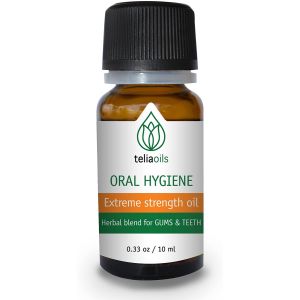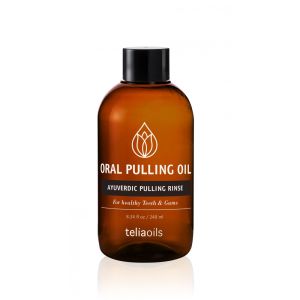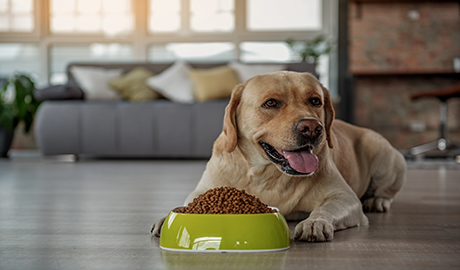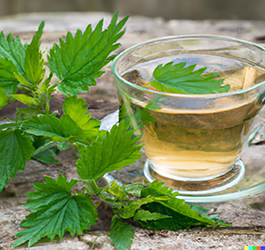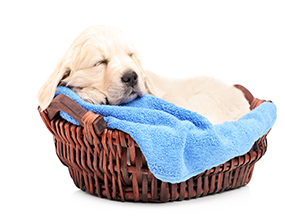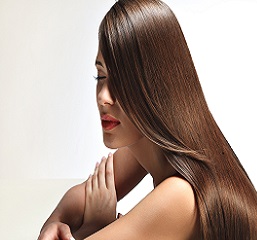What Kills Odor-Causing Bacteria? Discover Effective Solutions for a Fresher Environment
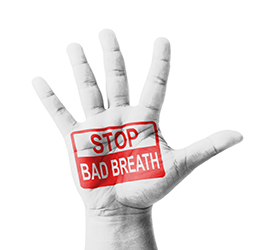
Odor-causing bacteria can be a trouble in various aspects of our lives, from bad breath to unpleasant body odors and musty home environments. To combat these pesky bacteria, it is essential to know what effectively kills them and keeps them under control. In this article, we will explore various solutions that can help eliminate odor-causing bacteria, promoting a fresher, cleaner environment.
Top Solutions for Eliminating Odor-Causing Bacteria
Here are some effective ways to stop odor-causing bacteria in various areas of your life:
- Antimicrobial Agents
Using antimicrobial agents, such as alcohol, hydrogen peroxide, or bleach, can be highly effective at killing odor-causing bacteria. For household cleaning, diluted bleach or hydrogen peroxide solutions can be used on non-porous surfaces to eliminate bacteria and unpleasant odors. For personal hygiene purposes, alcohol-based hand sanitizers or antiseptic mouthwashes can help decrease bacterial populations on the skin and in the mouth.
- Soap and Water
Regularly washing your hands, body, and household surfaces with soap and water can help remove bacteria and prevent odors. The combination of soap and water helps break down the cell walls of bacteria, making it easier to wash them away. Be sure to clean areas prone to bacterial growth, such as countertops, bathrooms, and high-touch surfaces.
- Vinegar
White vinegar is a natural, non-toxic solution that can end a wide range of bacteria. The acetic acid in vinegar effectively breaks down the cell walls of bacteria, leading to their destruction. You can use diluted white vinegar to clean household surfaces, remove odors from fabrics, and even clean your washing machine.
- Baking Soda
Baking soda, or sodium bicarbonate, is a powerful odor remedy that can help absorb and eliminate unpleasant smells caused by bacteria. While baking soda does not directly kill bacteria, it can help neutralize the acidic environment in which they thrive, thereby inhibiting their growth. Sprinkle baking soda on carpets, upholstery, or in your shoes to absorb odors, or add it to your laundry to help neutralize persistent smells.
- Ultraviolet (UV) Light
Ultraviolet light, specifically UV-C light, has germicidal properties that can effectively kill bacteria and other microorganisms. UV-C light disrupts the DNA of bacteria, preventing them from reproducing and effectively killing them. UV sanitizing devices, such as portable wands or air purifiers with built-in UV-C lamps, can be used to disinfect surfaces and the air, reducing odor-causing bacteria in your home or office.
- Essential Oils
Some essential oils, such as tea tree, eucalyptus, and lavender, possess antimicrobial properties that can help fight odor-causing bacteria. You can use essential oils in a diffuser to freshen the air in your home or mix them with water to create a natural cleaning solution. However, be cautious when using essential oils around pets or individuals with sensitivities, as some oils can be toxic or cause irritation.
In conclusion, effectively eliminating odor-causing bacteria requires a combination of good hygiene practices and targeted solutions. By utilizing antimicrobial agents, soap and water, vinegar, baking soda, UV light, and essential oils, you can create a fresher, cleaner environment free from unpleasant odors. Remember to always follow safety guidelines and manufacturer instructions when using cleaning products or devices, and consult a professional if you are unsure about the best approach for your specific situation.

 de
de el
el
